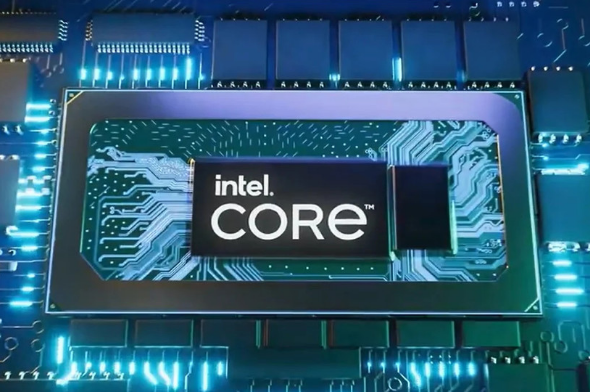Connection to DriversCloud Create a DriversCloud.com account Reset your DriversCloud.com password Account migration
Desktop microprocessors: Intel could completely rethink its strategy
Could the 14th generation of Intel processors be limited to mobile units to better position the 15th generation of desktop processors?
Until now, Intel's "battle plan" seemed quite clear, with a new range of processors every year and a release, each time, in two stages, with first the desktop processors and then the variants for laptops. Thus, at the end of 2021, we could discover the Alder Lake-S processors known as 12th generation, last fall, Intel had marketed the Raptor Lake-S (13th generation). Finally, the 14th (Meteor Lake-S) and 15th (Arrow Lake-S) generations were to follow respectively at the end of 2023 and the end of 2024. That was before.
Indeed, there was first a wave of rumors to evoke the cancellation of the Meteor Lake-S range in order to launch an upgrade of the Raptor Lake-S. However, this was in conflict with Intel's stated intention to introduce a new socket with the Meteor Lake generation, the LGA1851. Refuting this rumor, the Benchlife site - quoted by Tom's Hardware - has presented a new theory about this change in Intel's roadmap, a change that seems to be confirmed day after day. Indeed, Benchlife mentions the cancellation of the Meteor Lake-S range, but not in favor of a new Raptor Lake, no. It would be to focus on Arrow Lake-S, to bring the release of this new range a little closer and to inflate the number of cores a little more.
Thus, while there was talk until recently of Meteor Lake-S processors that can reach 6 powerful cores + 16 effective cores, Intel would focus on the production of Arrow Lake-S processors with a maximum of 8 powerful cores + 16 effective cores. This range of processors would then be accompanied by new chipsets, the Intel 800 series, and would be based on a new socket, the LGA1851. However, this theory raises several questions.
Indeed, Intel, which has the habit of maintaining a new socket on two generations of processors, would skip Meteor Lake-S which was supposed to introduce the LGA1851 socket. Could it be that it will only support one generation? Moreover, Intel, which was planning to offer a new range of processors every fall, would then be resigned to skip the second half of 2023 and focus on a release in the first half of 2024? This information published by Benchlife seems to raise more questions than answers.







